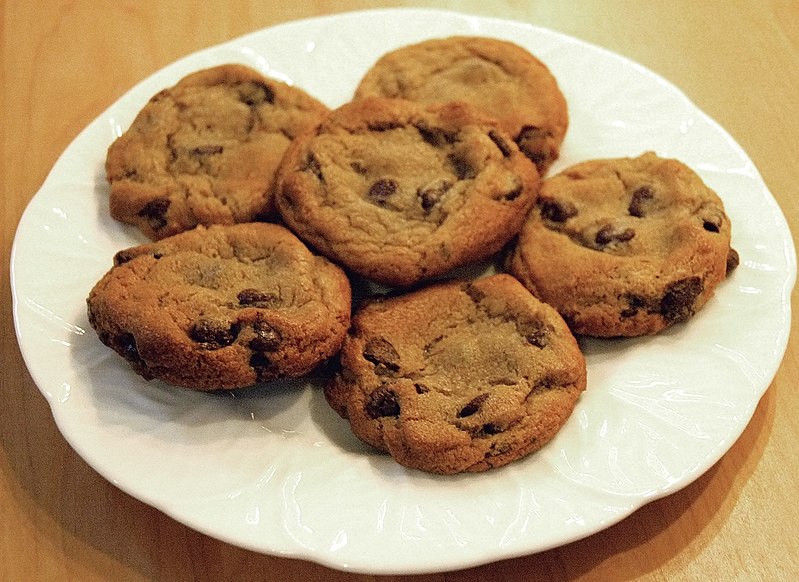By Zach Foster
Part I: The Parable
 Recent events have raised such noise, stirred many emotions, spun controversy, spawned heated debates, but most of all such events have caused great confusion regarding the Occupy Wall Street movement and its sister/satellite movements around the country. In order to fully grasp the nature of the beast it is necessary to begin with a parable. During the massive protests in Wisconsin early this year, many leftists—principally Marxists—spouted this parable as a metaphor for what they so passionately believe to be the demeaning and destructive nature of capitalism and the creation of wealth.
Recent events have raised such noise, stirred many emotions, spun controversy, spawned heated debates, but most of all such events have caused great confusion regarding the Occupy Wall Street movement and its sister/satellite movements around the country. In order to fully grasp the nature of the beast it is necessary to begin with a parable. During the massive protests in Wisconsin early this year, many leftists—principally Marxists—spouted this parable as a metaphor for what they so passionately believe to be the demeaning and destructive nature of capitalism and the creation of wealth. The parable goes as such: A CEO, a worker, and a union representative are sitting around a table. On the table is a plate with a dozen cookies. Suddenly the CEO grabs eleven of the cookies and shoves as many of them into his mouth, the rest of what he grabs being jammed into the pockets of his fine tailored coat. Wiping his mouth, he belches and then turns to the worker. Pointing to the union representative, the CEO shouts to the worker, “He wants a piece of your cookie!” This image can faithfully sum up the Marxian perspective of capitalists and laborers.
Now, in order to bring a greater understanding of the economic order, let the parable be modified to realistically fit the true economic model of growth and prosperity.
The same three are sitting around the same table with the same plate of cookies, yet all three know the same truth: the CEO—a successful businessman and creative entrepreneur—owns the cookie dough, the cookie sheet and the oven whose machinery baked the cookies, as well as the kitchen in which the cookies were baked. He bought the kitchen and the materials therein, spending a lot of money on them, such money being his own profits made from other ventures in which he invested. The worker broke the cookie dough on the cookie sheet, placed it in the oven, and pressed the button to start the baking process.
The CEO, having already had a contract with the worker, regardless of the fact that his investment in the cookie kitchen has yet to pay itself over, takes eleven of the cookies and passes one to the worker as compensation for putting the dough in the oven. He then points to the union representative, saying to the worker, “that man who neither split the costs of my investment nor joined you in your labor wants a piece of your cookie, and he wants several pieces of mine as well.”
Where does this leave the union representative? Clearly in this situation he is a leech, though it is not meant to be an indictment of all unions. Many labor unions have truly made daily life and working conditions better for workers all across America. Meanwhile, many unions have disguised collective greed with the mask of the plight of the workers. It all depends on what their demands and goals are, what repercussions would reverberate through the local and national economies, and whether or not the give and take consists of more take than give on the part of the unions.
The point of this parable is neither to demonize unions nor to attack workers, and it doesn’t take place in Wisconsin. The original parable, that shouted by Marxists, was meant to demonize the “capitalist class” for their “oppression” of the working class. The modified parable more clearly represents the economic model of growth and prosperity on the part of the entrepreneurs and businessmen. One thing remains abundantly clear: had it not been for the investment of the entrepreneur and his one-cookie-per-dozen labor contract, the workers would not have a cookie. Furthermore, while the businessman collects the remaining cookies for recuperation of his investment, the worker is saving the cookies he earns over time so that he can one day make an investment of his own. It will be a very small cookie kitchen at first, but the worker is creative and has secretly been devising ingenious recipes for delicious cookies. As his small investments begin to yield results in the future, his cookie kitchen will grow and continue to prosper.
Continued in Part II: The Protests
Photo by Dan Smith and used via Creative Commons Attribution-Share Alike 2.5 Generic license. Photo was obtained from Wikimedia Commons
No comments:
Post a Comment